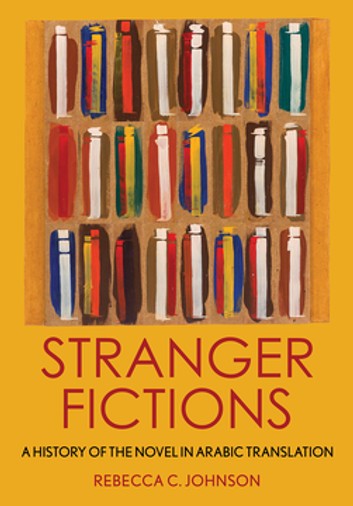

Most ebook files are in PDF format, so you can easily read them using various software such as Foxit Reader or directly on the Google Chrome browser.
Some ebook files are released by publishers in other formats such as .awz, .mobi, .epub, .fb2, etc. You may need to install specific software to read these formats on mobile/PC, such as Calibre.
Please read the tutorial at this link: https://ebookbell.com/faq
We offer FREE conversion to the popular formats you request; however, this may take some time. Therefore, right after payment, please email us, and we will try to provide the service as quickly as possible.
For some exceptional file formats or broken links (if any), please refrain from opening any disputes. Instead, email us first, and we will try to assist within a maximum of 6 hours.
EbookBell Team

4.8
24 reviewsWidely cited as the first Arabic novel, Zaynab appeared in 1913. Yet over the previous eight decades, hundreds of novels translated into Arabic from English and French were published, creating a vast literary corpus that influenced generations of writers across the Arabic world but that has, until now, been considered only as a curious footnote in the genre's history. In Stranger Fictions, Rebecca C. Johnson offers a transformative new account of modern Arabic literature by incorporating these works into the history the Arabic novel.
Considering the wide range of nineteenth- and early twentieth-century translation practices—including "bad translation," mistranslation, and pseudo-translation—Johnson argues that the circulation of European novels and genres in the Arabic world, and the multiple translation practices that enabled it, form the conceptual and practical foundations of Arab literary modernity, which includes the development of Middle Eastern print culture, the cultivation of a reading public, the standardization of Modern Arabic, and the establishment of modern literary canons.
Taking readers chronologically through nearly a century of translations published in Beirut, Cairo, Malta, Paris, London, and New York, from the 1835 publication of Qisòsòat Rūbinsòun Kurūzī (The Story of Robinson Crusoe) to translated and pastiched crime stories appearing in the early twentieth-century Egyptian magazines, Stranger Fictions affirms the central place of translation and mistranslation not only in the history of the novel in Arabic but of the novel as a transnational form itself.